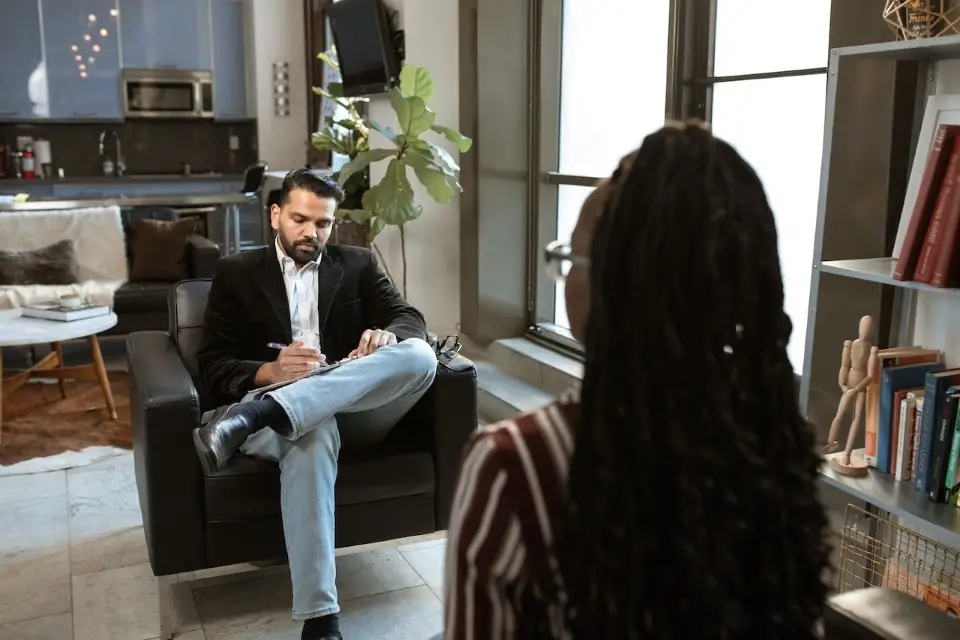Accidents happen, but when they result in injuries, they can disrupt your life in countless ways. Depending on the severity of your injuries, you may face medical bills, lost wages, and pain and suffering. In some cases, you may even be unable to work or enjoy your normal activities for an extended period of time. If your injuries were caused by someone else’s negligence, you may be entitled to compensation for your damages. A personal injury lawyer can help you pursue that compensation and navigate the legal process.
What is a Personal Injury Lawyer?
A personal injury lawyer is a legal professional who specializes in representing clients who have been injured in accidents. They help clients seek compensation for their damages, which may include medical bills, lost wages, pain and suffering, and more. Personal injury lawyers handle cases in a variety of areas, including car accidents, slip and fall accidents, medical malpractice, and product liability.
How to Find a Personal Injury Lawyer
If you need a personal injury lawyer, there are several ways to find one. You can start by asking for recommendations from friends, family members, or other lawyers you may know. You can also search online for personal injury lawyers in your area. When looking for a lawyer, consider their experience, reputation, and track record of success. It’s also important to schedule a consultation with the lawyer to discuss your case and get a sense of their communication style and approach to representation.
The Legal Process for Personal Injury Cases
The legal process for personal injury cases can be complex and varies depending on the specific circumstances of each case. Generally, the process involves the following steps:
- Investigation: The lawyer investigates the accident and gathers evidence to support your claim. This may include witness statements, police reports, and medical records.
- Demand Letter: The lawyer sends a demand letter to the at-fault party or their insurance company, outlining the damages you are seeking and the evidence supporting your claim.
- Negotiation: The parties negotiate to reach a settlement agreement.
- Lawsuit: If a settlement cannot be reached, the lawyer files a lawsuit and prepares for trial.
- Trial: The case goes to trial, and a judge or jury determines the outcome.
It’s important to note that not all personal injury cases go to trial. Many cases are settled before trial through negotiation or alternative dispute resolution methods.
Frequently Asked Questions
Q: What kind of compensation can I expect in a personal injury case?
A: The compensation you may be entitled to depend on the specific damages you have suffered. This may include medical bills, lost wages, pain and suffering, and more. Your lawyer can help you determine the damages you are eligible to seek.
Q: How long will my case take?
A: The length of a personal injury case varies depending on the specific circumstances of each case. Some cases may be resolved quickly through negotiation, while others may take several years to reach a conclusion. Your lawyer can give you an estimate of how long your case may take based on the facts of your case.
Q: Do I have to pay my lawyer upfront?
A: Many personal injury lawyers work on a contingency fee basis, which means they only get paid if you win your case. If you win, your lawyer will take a percentage of the settlement or award as their fee. It’s important to discuss fees with your lawyer upfront to avoid any misunderstandings.
Conclusion
If you’ve been injured in an accident, a personal injury lawyer can provide valuable legal guidance and representation to help you seek compensation for your damages. Finding the right lawyer can make all the difference in the outcome of your case, so it’s important to take the time to research and choose a lawyer who has the experience and a proven track record of success. With the right lawyer on your side, you can focus on healing and recovery while your lawyer works to obtain the compensation you deserve. Remember to ask questions and stay informed throughout the legal process to ensure the best possible outcome for your case.






